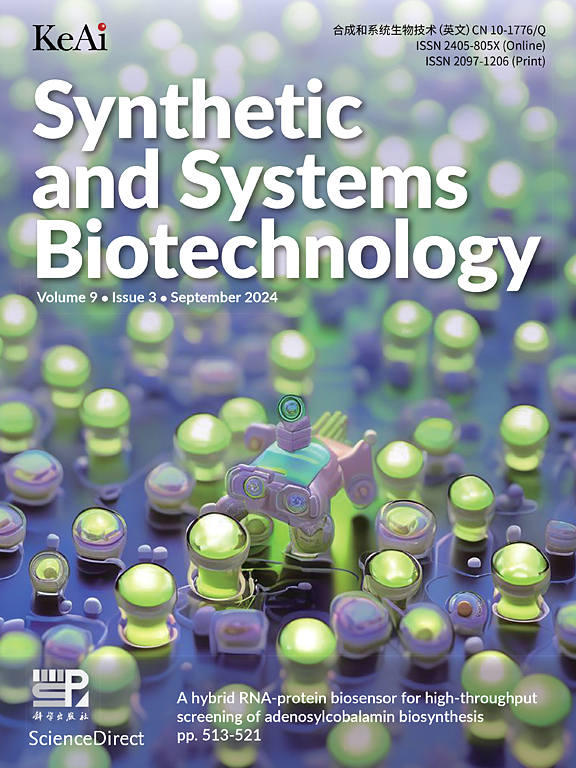Biosensors for the detection of flaviviruses: A review
IF 4.4
2区 生物学
Q1 BIOTECHNOLOGY & APPLIED MICROBIOLOGY
引用次数: 0
Abstract
Flaviviruses affect the lives of millions of people in endemic regions and also have the potential to impact non-endemic areas. Factors such as climate change, global warming, deforestation, and increased travel and trade are linked to the spread of flaviviruses into new habitats and host species. Given the absence of specific treatments and the limited availability of vaccines, it is imperative to understand the biology of flaviviruses and develop rapid and sensitive diagnostic tests. These measures are essential for preventing the transmission of these potentially life-threatening pathogens. Flavivirus infections are mainly diagnosed using conventional methods. However, these techniques present several drawbacks, including high expenses, time-consuming procedures, and the need for skilled professionals. The search for fast, easy-to-use, and affordable alternative techniques as a feasible solution for developing countries is leading to the search for new methods in the diagnosis of flaviviruses, such as biosensors.
This review provides a comprehensive overview of different biosensor detection strategies for flaviviruses and describes recent advances in diagnostic technologies. Finally, we explore their future prospects and potential applications in pathogen detection. This review serves as a valuable resource to understand advances in ongoing research into new biosensor-based diagnostic methods for flaviviruses.
用于检测黄病毒的生物传感器:综述
黄病毒影响着流行地区数百万人的生活,也有可能影响非流行地区。气候变化、全球变暖、森林砍伐以及旅行和贸易的增加等因素都与黄病毒向新的栖息地和宿主物种传播有关。由于缺乏特效治疗方法,疫苗供应有限,因此必须了解黄病毒的生物学特性,并开发快速、灵敏的诊断检测方法。这些措施对于防止这些可能危及生命的病原体的传播至关重要。黄病毒感染主要采用传统方法进行诊断。然而,这些技术存在一些缺点,包括费用高、程序耗时以及需要熟练的专业人员。本综述全面概述了针对黄病毒的不同生物传感器检测策略,并介绍了诊断技术的最新进展。最后,我们探讨了它们在病原体检测中的未来前景和潜在应用。这篇综述是了解正在进行的基于生物传感器的黄病毒新诊断方法研究进展的宝贵资料。
本文章由计算机程序翻译,如有差异,请以英文原文为准。
求助全文
约1分钟内获得全文
求助全文
来源期刊

Synthetic and Systems Biotechnology
BIOTECHNOLOGY & APPLIED MICROBIOLOGY-
CiteScore
6.90
自引率
12.50%
发文量
90
审稿时长
67 days
期刊介绍:
Synthetic and Systems Biotechnology aims to promote the communication of original research in synthetic and systems biology, with strong emphasis on applications towards biotechnology. This journal is a quarterly peer-reviewed journal led by Editor-in-Chief Lixin Zhang. The journal publishes high-quality research; focusing on integrative approaches to enable the understanding and design of biological systems, and research to develop the application of systems and synthetic biology to natural systems. This journal will publish Articles, Short notes, Methods, Mini Reviews, Commentary and Conference reviews.
 求助内容:
求助内容: 应助结果提醒方式:
应助结果提醒方式:


